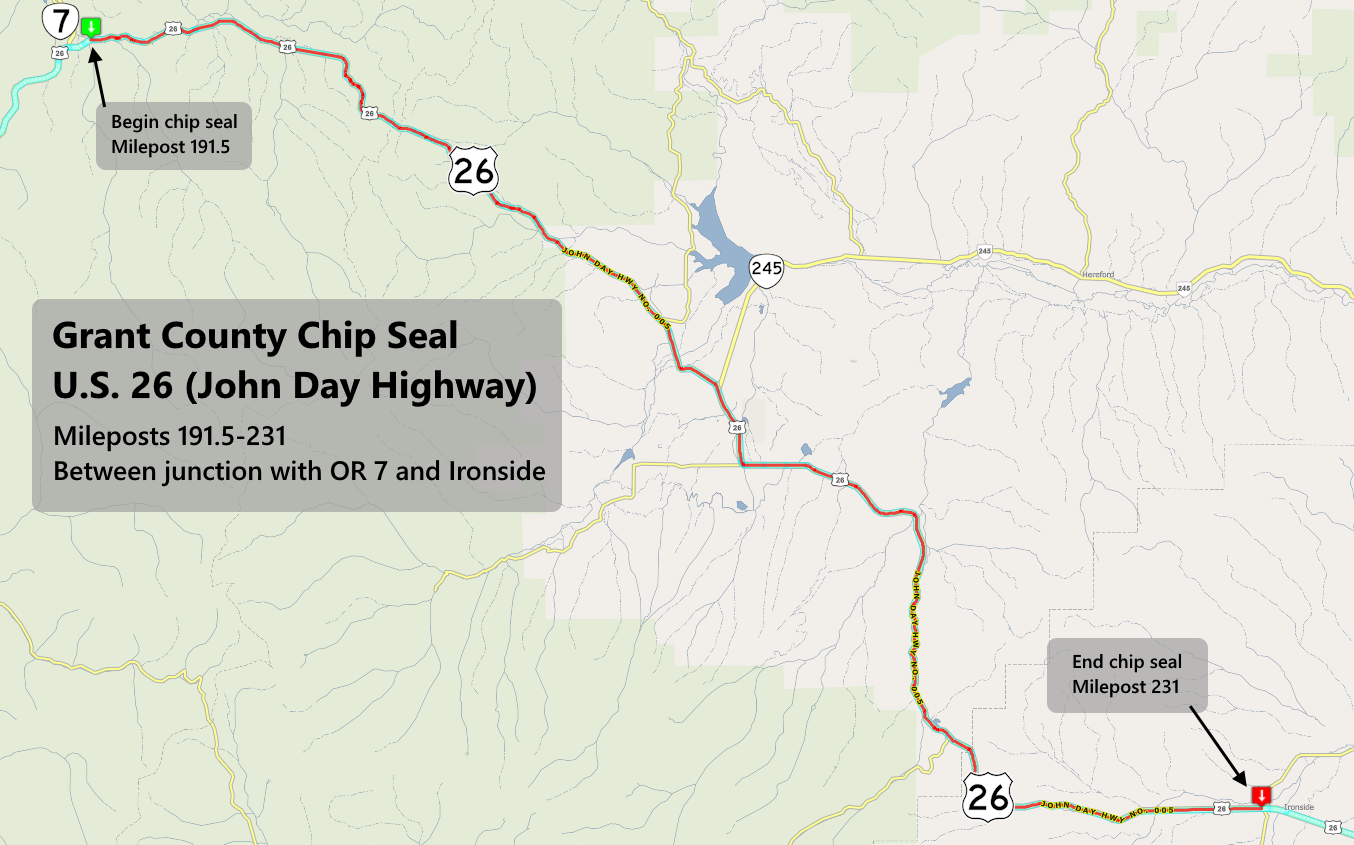GOP calls for special session on health care
Published 3:12 pm Tuesday, August 8, 2017
Capital Bureau
SALEM — Republicans in the Oregon House of Representatives are calling for a special session to address the state’s Medicaid funding plan.
The Legislature approved assorted revenues, ranging from a tax on insurance premiums to assessments on hospitals, earlier this year to fund the Oregon Health Plan, the state’s Medicaid program.
Rep. Knute Buehler, R-Bend, an orthopedic surgeon and gubernatorial candidate, along with three House Republicans who want to refer parts of the funding plan to the ballot, urged Oregon Gov. Kate Brown, in separate letters this week, to convene a special legislative session to reconsider that funding plan in light of issues at the Oregon Health Authority and a brewing special election contest.
The calls come in the wake of more revelations about the state health agency’s handling of various aspects of the Medicaid program, from concerns that the state is paying for coverage for people who no longer qualify for the program, to internal agency plans to plant negative stories about a Portland-area nonprofit serving people on Medicaid.
The director of the Oregon Health Authority, Lynne Saxton, resigned Tuesday at the request of the governor.
The authors of one of the letters — Rep. Julie Parrish, R-Tualatin/West Linn,; Rep. Sal Esquivel, R-Medford; and Rep. Cedric Hayden, R-Roseburg — are gathering signatures to refer parts of the funding package to the ballot.
If the petitioners are successful in gathering the required signatures by Oct. 5, voters will weigh in on parts of the legislation in a January special election.
Referencing recent problems at the Oregon Health Authority, the three said in a Monday letter to the governor that a special session would be “better” than a special election and could be used to “fix health care funding,” re-evaluate the state’s expected Medicaid population based on increases in the minimum wage, and incorporate the findings of an expected audit by the Oregon Secretary of State’s Office.
In the letter, Parrish, Esquivel and Hayden said that the special election could cost $3.32 million — compared to the cost of a special session, which they said was $13,000 to $15,000 per day.
They also called on the governor to veto certain aspects of another controversial piece of legislation that designated the January election date for a possible referral of the provider tax.
Buehler authored a letter Tuesday to Brown, also calling for a special session.
His entreaty comes several days after announcing his own candidacy for governor. Brown, while expected to campaign to keep her office, has not announced whether she is running for reelection in November 2018.
In response to Buehler’s letter, Brown said Tuesday that the Medicaid funding package was the result of “broad and bipartisan” agreement after months of work.
The provider tax was developed by a bipartisan group of legislators, including Hayden. Buehler was not among the members of the work group.
“Representative Buehler had six months to put forward a plan and build the support of his colleagues at the Legislature and he failed to do so,” Brown said in a prepared statement.
Buehler’s campaign manager, Rebecca Tweed, said in an email Tuesday night that the governor’s response “applies to her.”
“She had six months and multiple opportunities to put forward a bipartisan solution and didn’t, and this is the result,” Tweed wrote.
Republican Sen. Jackie Winters, of Salem, who along with two other Republican senators voted for the provider tax package in June, could not be reached for comment by press time.
Esquivel, who was the sole Republican vote in favor of the provider tax legislation in the Oregon House, has since joined the referral effort, citing healthcare policy bills that were passed later in the session, including one mandating that insurers cover abortions at no cost to patients. According to previous media reports, he is not seeking reelection in 2018.
State Rep. Mitch Greenlick, D-Portland, who played a role in the provider tax negotiations, called Hayden, Esquivel and Parrish’s letter “outrageous.”
“The Republicans were involved in the negotiation process from the beginning,” Greenlick said in a written statement. “The Senate (Republicans) supported the final deal, but Rep. Hayden came up with a different idea, which was part logic and part fantasy. And because his idea was rejected by everyone else in the group, the House (Republicans) locked up against the bipartisan proposal. And they are now the ones sponsoring the referral.”
Other critics of Hayden’s alternative, such as State Rep. Dan Rayfield, D-Corvallis, a fellow member of the budget subcommittee handling health and human services, say the numbers in Hayden’s plan don’t add up. Other aspects, such as using taxes on cigarettes and “vaping” devices to fund Medicaid, were considered untenable.
His alternative plans, House Bills 3467 and 3468, also sponsored by Parrish and Buehler, were introduced but never received hearings or work sessions and died in committee.
Democrats also tout the “broad support” that the provider tax legislation had from the healthcare industry, which has by and large benefited from the federal Affordable Care Act, which allowed states to expand the pool of people eligible for Medicaid.






